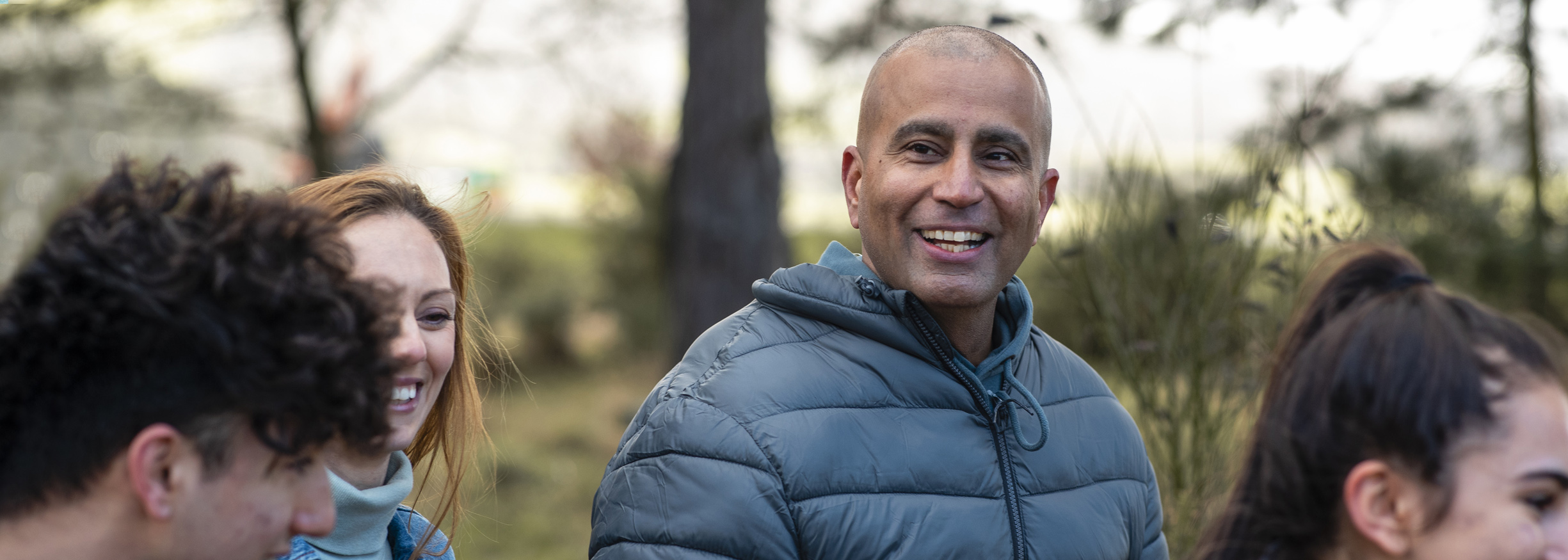It is usually beneficial for the children and young people who live at Gracebridge Care to maintain constructive contact with the important people in their lives, either directly or by phone or letter. The care team encourages children and young people to keep in contact with their family and friends, and offer support to allow them to do so.
The care team does not place any restrictions on a young person’s contact with their family or friends, unless it is specifically stipulated within the Care Plan. Care staff can support or supervise contact visits if this is identified within the Care Plan or requested by the visitor. Alternatively, a private place can also be arranged for contact if this is needed. A written contact agreement must be completed by the Social Worker prior to admission.
No calls are allowed during mealtimes or after the young person have retired for the night, unless an emergency and this will be closely monitored by staff. Other than when directed by the placing authority, children and young people can send and receive mail, which will not be opened or read by staff.
Within the Children’s Guide, children and young people are provided with the procedures for visitors to the home. No young person is made to see a visitor that they do not wish any contact with. Family or visitors to the home are provided with privacy and refreshments.
Where a young person does not have contact with any family or friends, Gracebridge Care will request from the Placing Authority permission for an Independent visitor. Gracebridge Care recognises the importance of attachment related issues for our children and young people in a care environment and the subsequent separation from their families.
Continuity of relationships is important and attachments will be respected, sustained where possible, and developed. We feel it is important to show an interest in how visits have gone, for some children and young people specific strategies may need to be developed to manage their behaviour and give additional support at these times. Partnerships with parents and relatives are crucial to ensuring that children and young people retain and build their identity.










